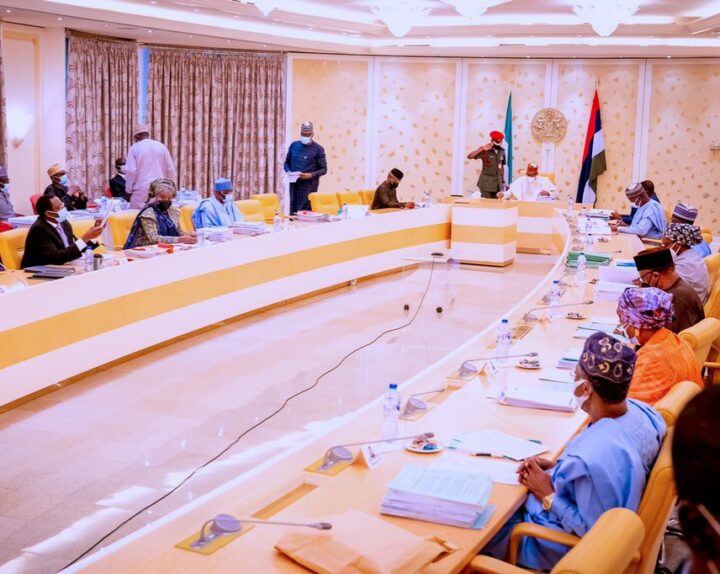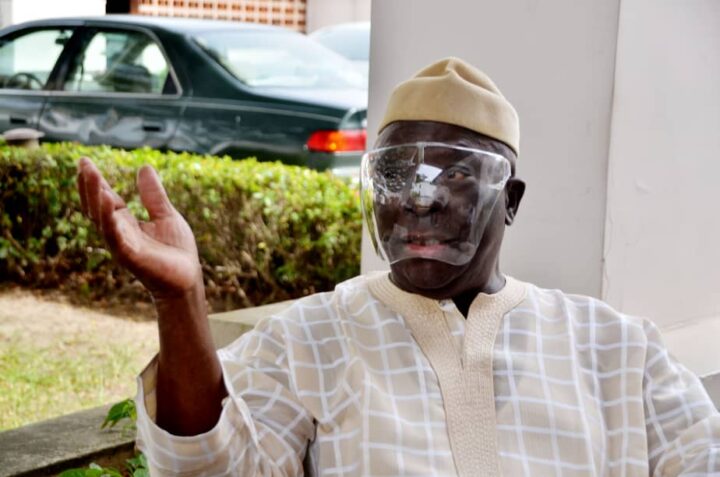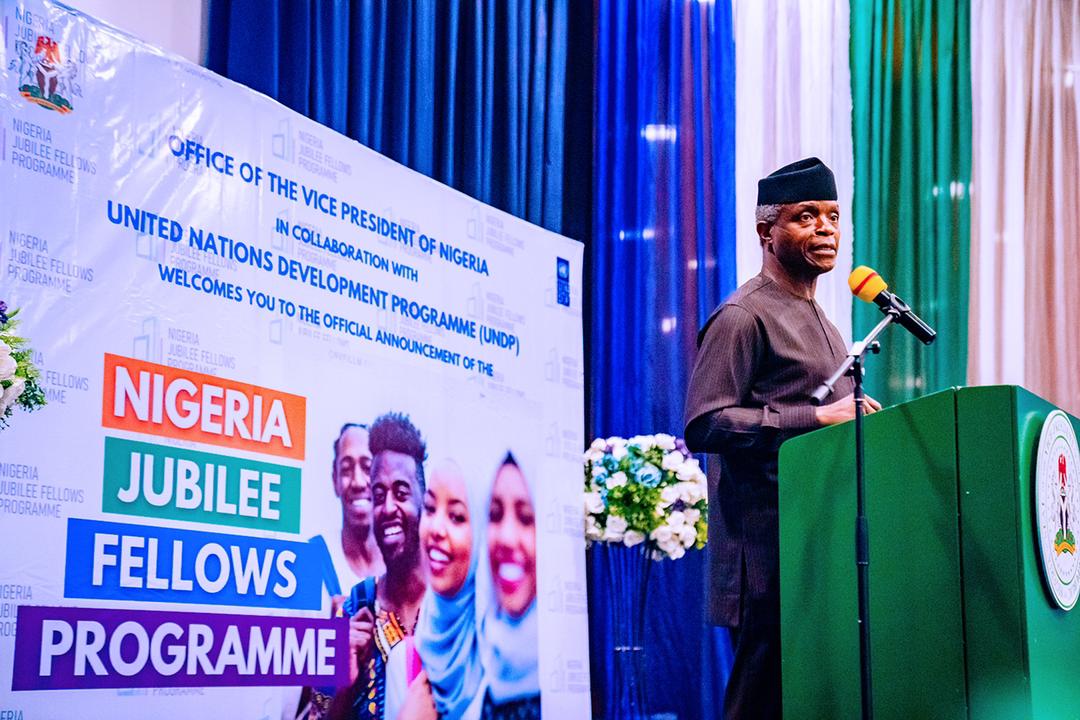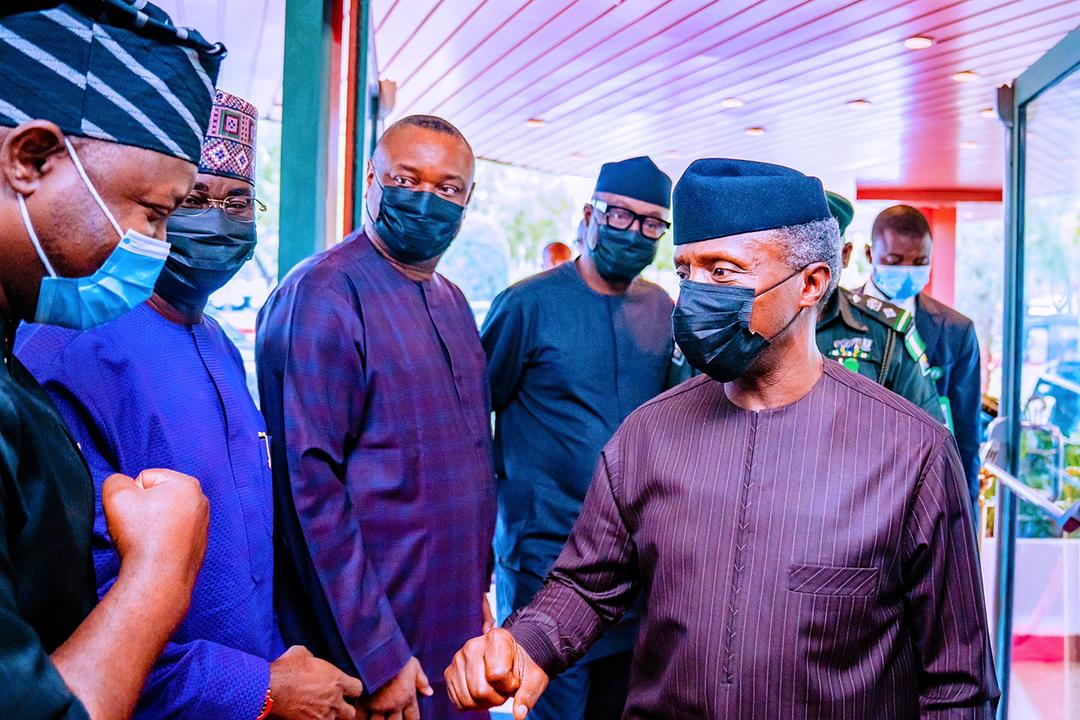Mohammad Abubakar, minister of environment, says more women are affected by climate change, and this is why the revised nationally determined contribution (NDC) for Nigeria included women in many aspects of climate project execution.
The NDC document contains policies that showcase efforts by countries to “reduce national emissions and adapt to the impacts of climate change”.
Speaking to state house correspondents on Wednesday after the federal executive council (FEC) meeting in Abuja, Abubakar said the revised national policy on climate change has been approved.
He said the last time the NDC was revised was in 2012, adding that it became necessary to update now as a result of the increased impact of climate change over the past few years.
Advertisement
“The environment in general and economic change affects everybody, but we have realised that it affects women even more and on this. We also know that we have a national policy on gender and climate change as approved,” he said.
“This revised one has also put into consideration the national policy on gender and climate change, to include women in almost every aspect of climate project execution.
“The last one was in 2012 and it became necessary for us to revise, based on what has been happening in the last three years since 2012, particularly with the various agreements.
Advertisement
“We all know climate change is our topic of today. It has serious implications on the economy, livelihoods. Recently, a lot of flooding has been happening and as a result of climate change, insecurity is relatable with climate change.”
He said the climate change policies being made by the country is to prepare ahead of the November 2021 climate summit in Glasgow, adding that all hands need to be on deck to achieve carbon neutrality by 2050.
“This climate change policy has repositioned Nigerians to begin to upgrade all that we have achieved so that we can present during the meeting,” he said.
“Its implementation strategy is to be all-encompassing. We have met with several MDAs, agencies and civil society organisations and even the media because this is something that requires all hands to be on deck as we are all potential polluters of the environment causing climate change.
Advertisement
“Eventually and ultimately, the objective is to help Nigeria that is climate-resilient and also gender-sensitive in the future and that is the vision of this policy because the world is moving towards carbon neutrality.
“It is assumed that by the year 2050, we should have carbon neutrality. Today now is the time to get prepared for that so that is what the policy is all about to drive towards a Nigeria that is environmentally sustainable.”
The minister had, on May 27, submitted the NDC interim report to the United Nations Framework Convention on Climate Change (UNFCCC).
Advertisement
Add a comment






